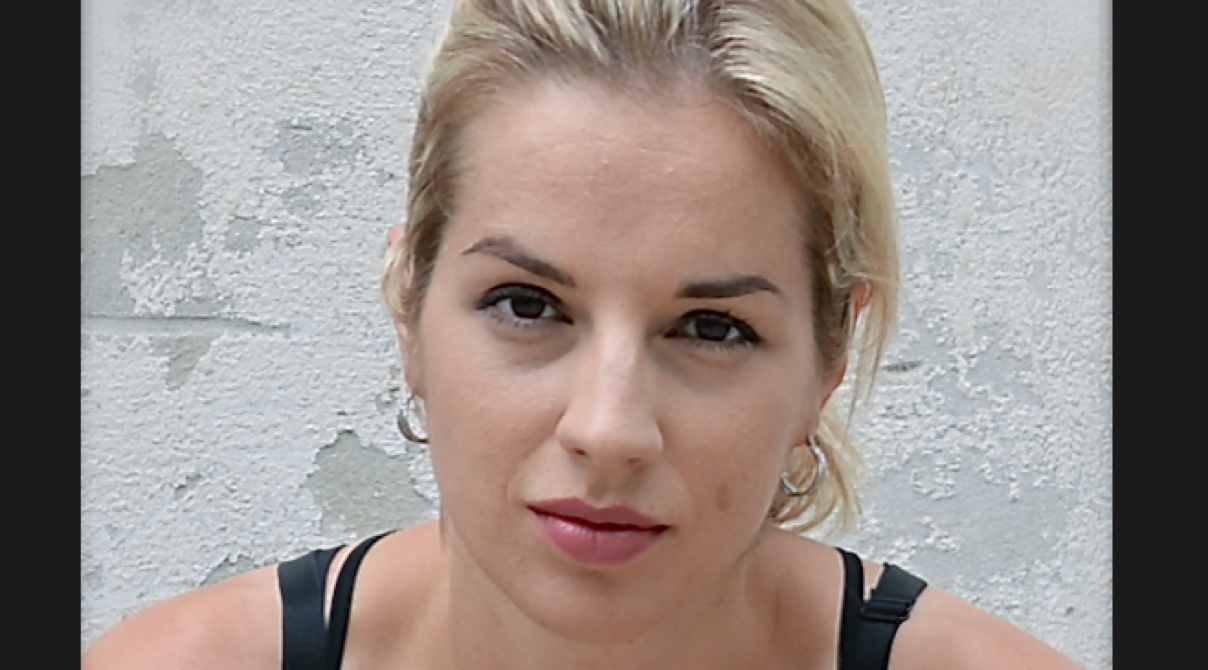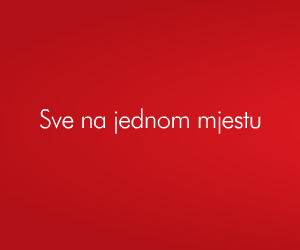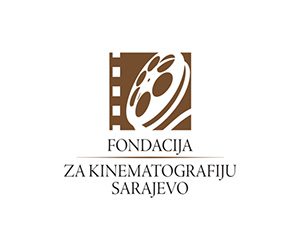
24/08/2021
I deal with big crises from the small people's perspective
Awarded Croatian director Tiha Gudac, whose film debut 'Naked' won over the critics and the audiences and her new film 'Wire' could have the same success, is a member of the jury at this year’s Mediterranean Film Festival. *‘Wire’ deals with the world that raises fences and walls, and asks questions about what the past has thought us until now. To be precise – it follows the life of a small community of people who live on the Croatian-Slovenian border, by the Kupa River which represents the Schengen border, i.e. the gate to the modern, free Europe. As a measure to protect its freedom, Europe has set up miles of razor wire here, destroying the life of a harmonious border community and failing to address the problem of migration that has supposedly set it up. In addition to the lives of the inhabitants of the Kupa Valley, the film also introduces the reality of the lives of some illegal emigrants who pass through the area, hoping that by crossing the border they will accomplish their European dream.
How do you observe the problem of emigration?
The migrants at our borders are a part of new migrations of people that I see as a payback for centuries old injustices that the rich West done to the countries from which the migrants come. It is not only about direct actions by Western interventions within the borders of the countries from which emigrants come, but also about the consequences of the ecological destruction of the Earth and the generally uneven global distribution of wealth. We are in a geographical position which again makes us the 'shield of Europe' and we are of course in an unenviable position because it can put great expectations in front of us little ones in that sense. Shortly – the history repeats itself, but this time largely due to damage that will not be easy to repair because the instruments of destruction are more powerful than ever before. The situation of emigrants on our borders is mostly a situation of despair, and it is clear that a large number of desperate individuals can only be a problem for all parties that are part of the crisis. I notice that there is a lack of honest conversation in our public about the real situation on our borders, it was the same before the pandemic. I think that such media silence is not good because I am afraid that there could be situations that could find us unprepared as a society. The masses are most easily manipulated by bombastic headlines and fear. My film is an attempt to scratch under such a state.
How long did the whole story last and what kind of relationship did you make with the protagonists?
The film was being prepared for five years and shot in a year and a half. I built a relationship with most of the characters in which there was an understanding that we were doing something that we all believe makes sense, for some the meaning was that witnessing the reality of life along the wire and on an illegal migrant route travels through film, for some it was an opportunity to express their political views which they considered important, and for some an attempt to influence a change in the situation. None of my protagonists are activists, but by the force of the circumstances of the crisis that descended on their backyard, they became active and their lives were shaped by the fact that they lived along the border. Today, they are all still in the same place, fighting the wire, helping to alleviate the humanitarian catastrophe, working on education or propagating more radical views and catching emigrants along the border themselves - mostly, just like in the movie. As for the illegal migrants who are in the film, the main characters managed to get to Europe. One of them is an engineer and now works as a car mechanic in Italy. For the other emigrants who are supporting characters in the film, I don’t know where they are.
How big a handicap for the whole story was the pandemic?
In the last phase of filming, there were complications around crossing the border, but the pandemic did not stop us. The biggest challenge was post-production, because the team is international, the production is Belgian and the whole post-production started in Brussels in March 2020. After less than two weeks, the locking of the world started, so I returned to Zagreb. The complete post-production of the image and sound was then done via Skype, between multiple states.
This one, but also your debut ‘Naked’, deals with ‘wires’?
That's right - the first with historical camps, and the second with the wires that separate the modern society. Basically, both films are a matter of basic human rights such as the right to freedom of movement, security, access to food and water. Also, both films deal with the great crises portrayed at the level of the ‘little’ man’s intimate experience.
Here you faced in an extremely brave way the family’s past marked by your grandfather's stay in the Goli otok (island), political camp sixty years ago. Was it a bold move and, looking back, would you change anything?
The film 'Naked' came out seven years ago, but even today people often approach me with the comment that I am brave because I shot it, and even today that comment surprises me. Because for me at that time, working on that film as it is, was necessary. Once I got into that process it was like breathing to me, I wasn’t allowed to stop. Although I was the driving force behind the film, the real opening and courage was shown by the other protagonists - members of my family and former detainees. I will be forever grateful to them because with their openness about their most intimate pains and struggles, they made ‘Naked’ to be the story of many families who needed this film. Looking back I wouldn’t change a thing, it’s not worth thinking that way.
You are a member of the jury of the 22nd Mediterranean Film Festival, have you managed to watch some of the films and how familiar are you with this festival?
So far I have not visited the Mediterranean Film Festival and I am much honoured to be invited to be part of the jury.From the colleagues who were at the festival I heard that it has a particularly nice energy and a wonderful exchange between the author and the audience.I look forward to going to the festival and talking to the other members of the jury.


